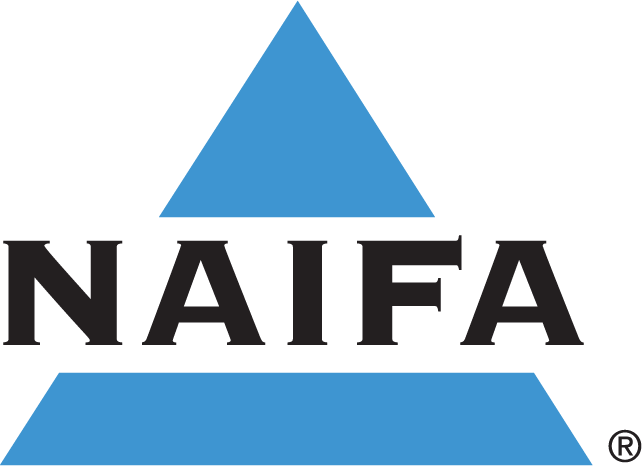On May 23, the leaders of the Senate Health, Education, Labor and Pensions (HELP) Committee released a much-anticipated bipartisan health reform bill that would impose troublesome disclosure requirements on agent compensation. It also addresses, among other issues, surprise billing. The legislation reflects agreement between Sen. Lamar Alexander (R-TN), chairman of the HELP Committee, and Sen. Patty Murray (D-WA), the committee’s ranking member.
Of concern to NAIFA is the draft bill’s section 308 which requires disclosure of direct and indirect compensation for brokers/consultants to employer-sponsored health plans and individual market enrollees. These requirements are in addition to current rules. Employee benefit plans covered under ERISA must disclose on Form 5500 broker fees and commissions paid or reimbursed by insurers. The Alexander-Murray bill proposes to expand these current requirements by requiring that providers of brokerage or consulting services to group health plans, who reasonably expect $1,000 or more in compensation, direct or indirect, in return for such services to disclose to the plan fiduciary in writing:
- A description of services to be provided
- If applicable, a statement that the service provider will provide, or reasonably expects to provide, services as a fiduciary
- A description of all direct (in aggregate or by service) and indirect compensation the provider reasonably expects to receive
- Descriptions of arrangements between covered service providers and payers of indirect compensation and identification of services for which the indirect compensation will be received
- A description of any transaction-based compensation that will be paid to the provider (e.g., commissions, finder’s fees, incentive comp, etc.), along with the payers and the services for which the compensation is being paid
- A description of any compensation the provider expects to receive for termination of the contract or arrangement and how prepaid amounts will be calculated and refunded
- A description of the manner in which any of the above-referenced compensation will be received
- Upon the plan fiduciary’s request, any other information related to compensation
NAIFA submitted a comment letter to Sens. Alexander and Murray to express concern about the disclosure requirements. NAIFA argues that compensation disclosure is already required under current federal and state law and there is no evidence that compensation disclosures lower the cost of health care.
NAIFA supports the bill’s surprise billing provisions, contained in the draft bill’s section 102. Those provisions would prohibit the practice of balance billing and stipulate that patients would be required to pay only the in-network cost sharing amount for out-of-network services when those services are provided without the patient’s prior knowledge.







